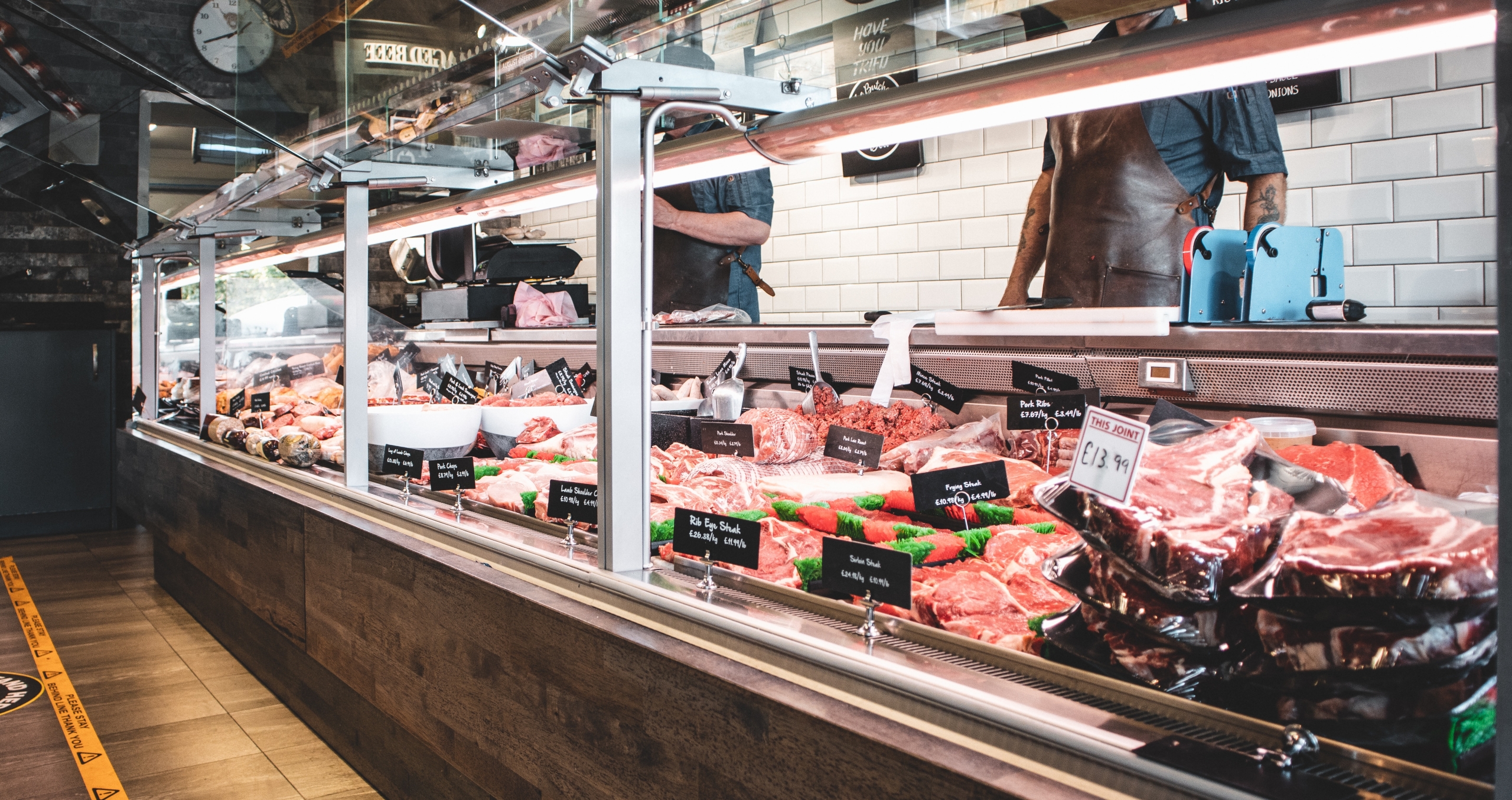 DOJ: Enabling competitive information swapping harms competition in this concentrated market.
DOJ: Enabling competitive information swapping harms competition in this concentrated market.
Citing the harm it causes consumers and grocery stores, the Justice Department’s Antitrust Division sued Agri Stats Inc. on Sept. 28 for organizing and managing anticompetitive information exchanges among broiler chicken, pork, and turkey processors. The suit –- part of the DOJ’s long-running focus on this industry -– was filed in federal court for the District of Minnesota.
The company has been producing regular reports to competing meat processors based on its collection and integration of data relating to prices, wages, farmer compensation, general costs, and production information. The companies use the data to set prices and output levels, conduct that violates Section 1 of the Sherman Act, the DOJ charges.
According to the complaint:
- Participating processors accounted for more than 90% of U.S. broiler chicken sales, 80% of pork sales, and 90% of turkey sales.
- In some cases, Agri Stats encourages price increases and reduction in meat supplies.
- Agri Stats withholds the data it collects from purchasers, workers, and consumers.
- Private litigation motivated Agri Stats to pause its reports on turkey and pork production, but it intends to resume this activity when the cases end.
Agri Stats Responds
The company posted a statement on its website, saying, “DOJ’s lawsuit alleges—contrary to the law and the facts—that Agri Stats reports result in higher prices and lower protein production,” when, the company says, it has helped drive “increased efficiency, improved innovation, and ultimately provide more chicken, pork, and turkey to consumers for less money.” Production has “expanded dramatically” as prices have fallen, the company maintains. For example, it says that compared to the time before it began producing its benchmarking services, production of boneless chicken breasts has tripled and prices are a third of what they were.
Agri Stats says the DOJ abandoned an investigation of the industry in 2012, and now “appears” to be relying on evidence gathered in private antitrust litigation, noting that one court has rejected the theories underlying one case for what the company says was a lack of evidence that the data could be used to fix prices or reduce production.
More recently, however, Chief Judge Philip Brimmer of the U.S. District Court for the District of Colorado denied a joint motion filed by meat processors to dismiss a Sherman Act conspiracy case against them, alleging they conspired to establish a horizontal agreement to suppress wages. The judge said the plaintiff workers sufficiently alleged the companies engaged in “parallel conduct by providing specific factual examples of wage depression that support their claim of broader wage depression.” Agri Stats is also a defendant in this case. Brown et al v. JBS USA Food Company et al, 1_22-cv-02946, No. 219 (D.Colo. Sep. 27, 2023)
See our previous commentary and news posts on antitrust actions targeting the pork, poultry, and beef industries:
- DOJ Forces $85M End to Long-Running Conspiracy to Suppress Poultry Wages
- “Big Poultry” Producer Pleads Guilty to Price Fixing
- Pilgrim’s Pride Settles Poultry Price-Fixing Charges
- Beef Buyer Class Action Says ‘Big Beef’ Colluded to Score Record Profits by Manipulating Capacity
- Consumers, Ranchers Allege Cartel in Beef Industry
- Multiple Lawsuits Allege Price-fixing by Big Beef Companies
Edited by Tom Hagy. Photo by Kyle Mackie on Unsplash
